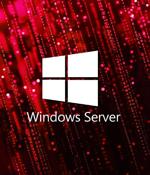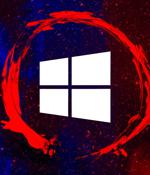Security News

Where have we heard this before? Feb security update needs its own fix More than one month after complaints starting flying, Microsoft has fixed a Windows bug that caused some Remote Desktop...

Microsoft has resolved a known issue causing Remote Desktop sessions to freeze on Windows Server 2025 and Windows 11 24H2 devices. [...]

Microsoft has fixed a known issue that caused problems with Remote Desktop and RDS connections after installing Windows updates released since January 2025. [...]

Microsoft says a known issue is causing Remote Desktop freezes on Windows Server 2025 systems after installing security updates released since the February 2025 Patch Tuesday. [...]

Microsoft says that some customers might experience Remote Desktop and RDS connection issues after installing recent Windows updates released since January 2025. [...]

Microsoft announced that it will drop support for the Remote Desktop app (available via the Microsoft Store) on May 27 and replace it with its new Windows App. [...]

Two different exploits for an unpatched Parallels Desktop privilege elevation vulnerability have been publicly disclosed, allowing users to gain root access on impacted Mac devices. [...]

Remote work is now an essential part of many businesses, requiring organizations to rethink how they provide secure and efficient access to corporate resources. Learn from TruGrid about the...

Multiple security vulnerabilities have been disclosed in GitHub Desktop as well as other Git-related projects that, if successfully exploited, could permit an attacker to gain unauthorized access...

Docker is warning that Docker Desktop is not starting on macOS due to malware warnings after some files were signed with an incorrect code-signing certificate. [...]